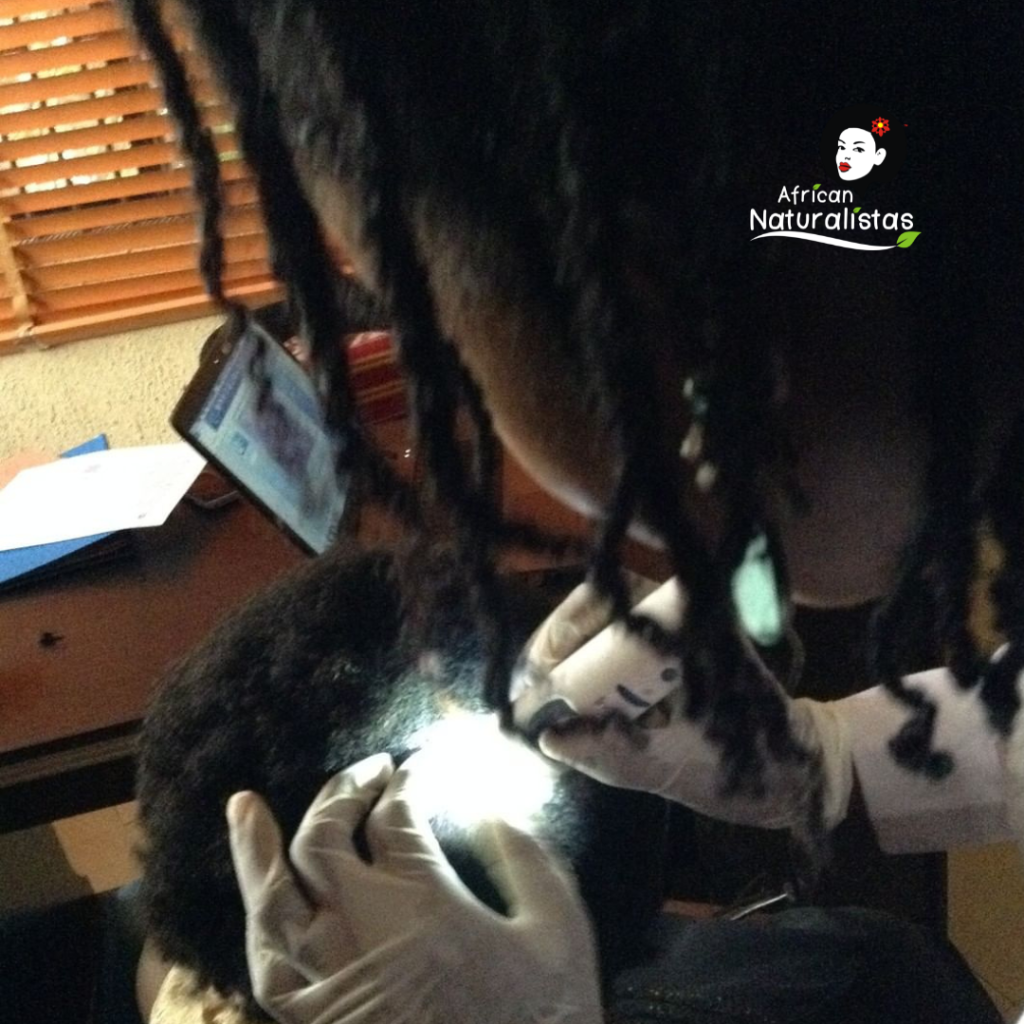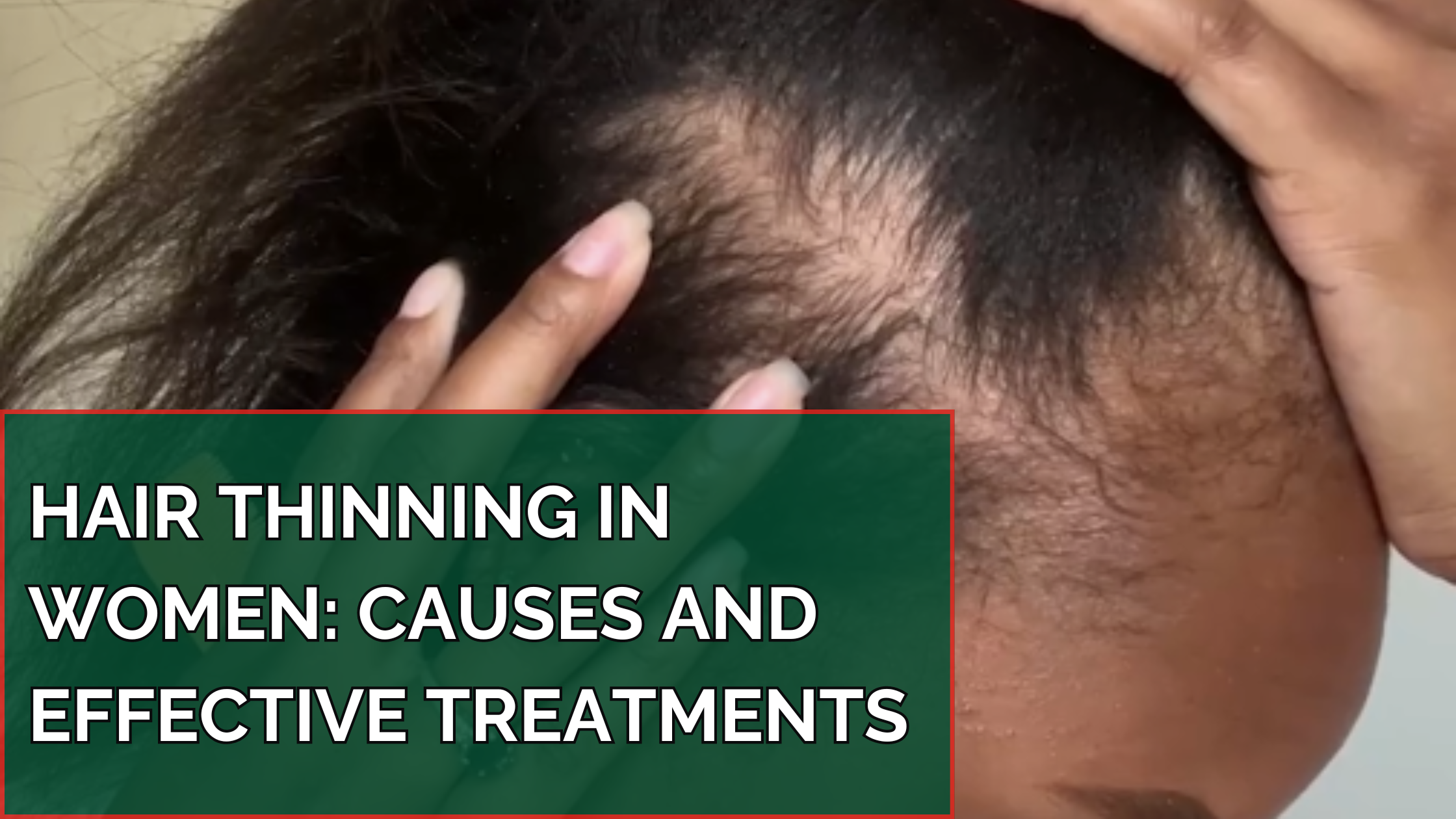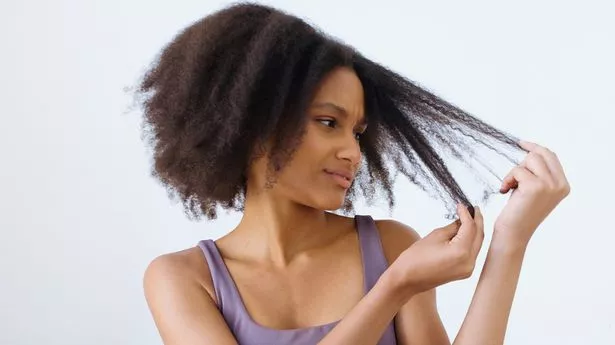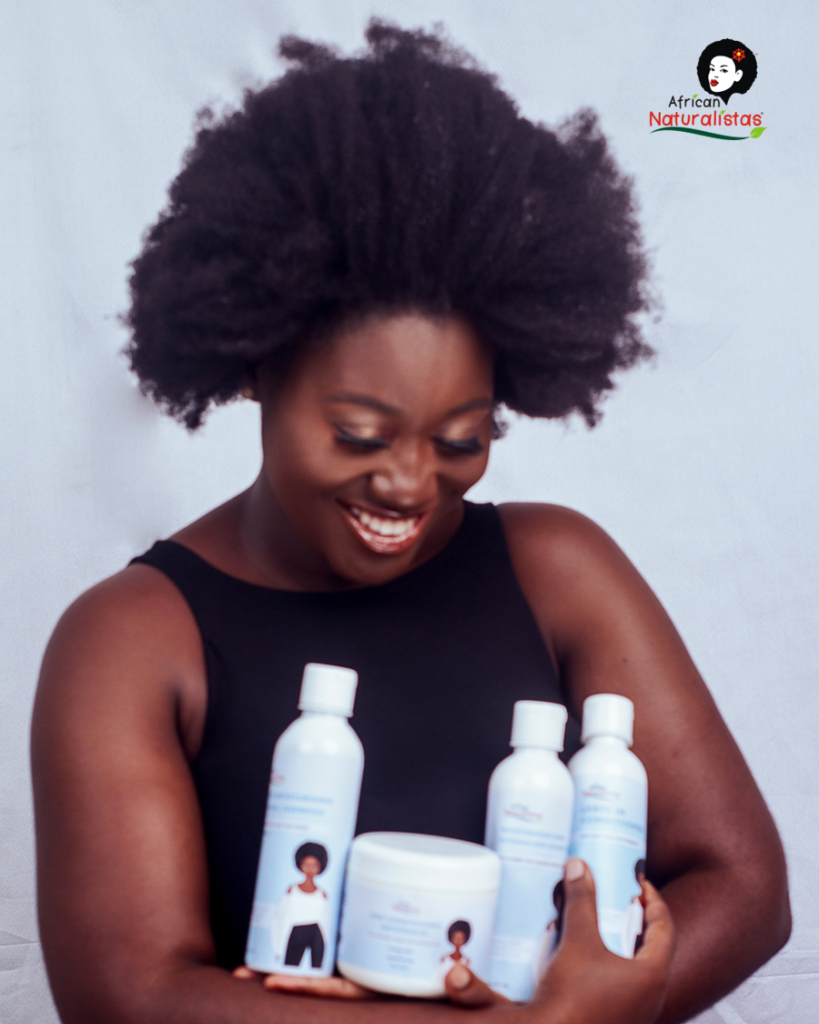Hair thinning is a common issue that affects millions of women globally. The distressing experience impacts self-esteem and overall well-being. Understanding the root causes of hair thinning and exploring effective treatments can empower you to regain your hair health and volume.
In this comprehensive guide, we will delve into the causes of hair thinning in women, explore both natural and clinical treatment options, and provide you with actionable hair care insights to help solve hair thinning.
Understanding Hair Thinning in Women
Hair thinning is a gradual reduction in hair density i.e. fewer strands per square inch of the scalp. This condition is distinct from hair shedding, where hair falls out from the root.
And unlike sudden hair loss, thinning occurs over time, often starting with a widening part or increased visibility of the scalp through the hair.
Hair thinning can be localized or diffuse and may be accompanied by a reduction in hair volume and overall hair quality.
Causes of Hair Thinning in Women
Treating hair thinning can be a challenging task due to the diverse range of potential causes. Identifying the underlying reason for your hair loss is essential for determining the most appropriate and effective treatment option.
These causes can be classified into five major groups that can serve as a helpful framework for understanding and addressing the issue.
- Hormonal Imbalances
- Androgenic Alopecia: One of the most common causes of hair thinning in women is androgenic alopecia, a hereditary condition influenced by hormones. This condition causes hair follicles to shrink over time, leading to thinner hair and eventually, hair loss. It's often triggered by hormonal changes during menopause, pregnancy, or conditions like polycystic ovary syndrome (PCOS).
- Thyroid Disorders: Both hypothyroidism and hyperthyroidism can lead to hair thinning. An imbalance in thyroid hormones disrupts the hair growth cycle, causing more hair to enter the resting phase and less to enter the growth phase.
- Nutritional Deficiencies
- Iron Deficiency Anemia: Iron is essential for producing haemoglobin, which carries oxygen to hair follicles. A study published in the Journal of Clinical and Diagnostic Research found that 72% of women with chronic telogen effluvium (a type of hair loss) had iron deficiency. An iron deficiency can lead to hair thinning as the follicles struggle to receive adequate oxygen and nutrients.
- Vitamin Deficiencies: Vitamins like D, B12, and biotin play a crucial role in hair health. Deficiencies in these vitamins can weaken hair strands, making them more prone to breakage and thinning.
- Stress and Lifestyle Factors
- Telogen Effluvium: A significant stressor, whether physical (e.g., surgery, illness) or emotional (e.g., loss of a loved one), can trigger telogen effluvium. This condition forces more hair into the resting phase, leading to noticeable thinning.
- Poor Diet and Lack of Exercise: A diet lacking in essential nutrients or an inactive lifestyle can lead to hair thinning. The hair follicles require a constant supply of nutrients, which can only be delivered through a well-balanced diet and proper blood circulation, achieved through regular exercise.
- Medical Conditions and Medications
- Autoimmune Diseases: Conditions like alopecia areata cause the immune system to attack hair follicles, leading to patchy hair loss or thinning.
- Medications: Certain medications, including those for high blood pressure, depression, and chemotherapy, can cause hair thinning as a side effect.
- Hair Care Practices
- Excessive Heat and Chemical Treatments: Frequent use of heat styling tools and chemical treatments can weaken hair, leading to thinning over time.
- Tight Hairstyles: Styles that pull on the hair, like tight ponytails or braids, can cause traction alopecia, a condition where constant tension on the hair leads to thinning and loss.
Effective Treatments for Hair Thinning in Women

When it comes to treating hair thinning in women, a holistic approach often yields the best results. Treatment for hair thinning can either be natural (including lifestyle and nutrition/diet) or medical (including topical treatments and supplements).
That said, let's explore all the available natural and medical treatment options for hair thinning.
- Topical Treatments
- Minoxidil (Rogaine): Minoxidil is an FDA-approved topical treatment that helps to stimulate hair growth by increasing blood flow to the hair follicles. It's particularly effective for androgenic alopecia and has shown positive results in women who use it consistently.
- Natural Oils: Essential oils like rosemary and peppermint have been shown to improve hair thickness by stimulating the scalp and promoting hair growth. A 2015 study found that rosemary oil was as effective as minoxidil in treating androgenic alopecia with fewer side effects.
- Nutritional Supplements
- Iron and Biotin Supplements: For women with iron deficiency or biotin deficiency, supplements can help restore hair health. However, consulting with a healthcare provider before starting any supplement regimen is important.
- Multivitamins: A well-rounded multivitamin containing essential nutrients like vitamin D, B12, zinc, and folic acid can support overall hair health.
- Lifestyle Modifications
- Stress Management: Incorporating stress-relief techniques like yoga, meditation, and regular exercise can reduce the impact of stress on hair health. A 2018 study highlighted the positive effects of stress management on reducing hair thinning in women with telogen effluvium.
- Balanced Diet: Consuming a diet rich in lean proteins, healthy fats, and a variety of fruits and vegetables ensures your hair receives the necessary nutrients for growth. Foods like spinach, salmon, and eggs are particularly beneficial for hair health.
- Clinical Treatments
- Platelet-Rich Plasma (PRP) Therapy: PRP therapy involves injecting concentrated platelets from your own blood into the scalp. These platelets contain growth factors that can stimulate hair follicles, encouraging thicker and healthier hair growth.
- Low-Level Laser Therapy (LLLT): LLLT is a non-invasive treatment that uses red light to stimulate hair follicles and increase hair density. It's often used in conjunction with other treatments like minoxidil or PRP for enhanced results.
- Trichology Consultation
- Personalized Treatment Plans: A consultation with a trichologist, a specialist in hair and scalp health, can provide you with a personalized treatment plan tailored to your specific needs. Trichologists can perform scalp analyses, recommend treatments, and guide you through the best practices for maintaining hair health.
Conclusion
Hair thinning in women can be caused by various factors, from hormonal imbalances to lifestyle choices. While this can be a distressing condition, understanding the root causes and exploring the right treatment options can make a significant difference.
Whether you choose natural remedies, clinical treatments, or a combination of both, it's important to address hair thinning with a tailored approach.
If you're struggling with hair thinning and want a personalized treatment plan, consider booking a trichology consultation to get expert advice and help you navigate the journey to healthier, fuller hair.
Visit our online store to check out hair care products that can help you on your journey to longer and fuller hair




